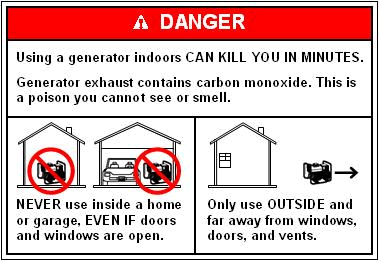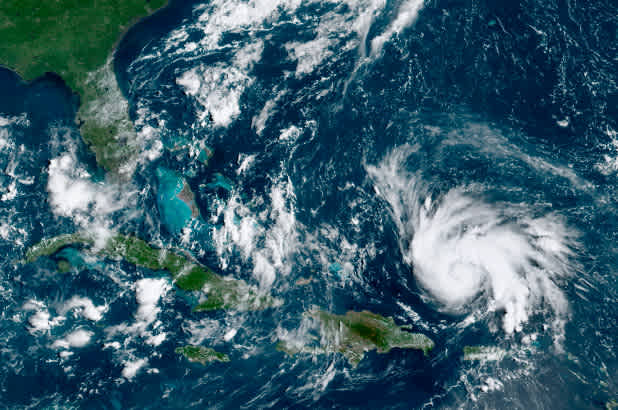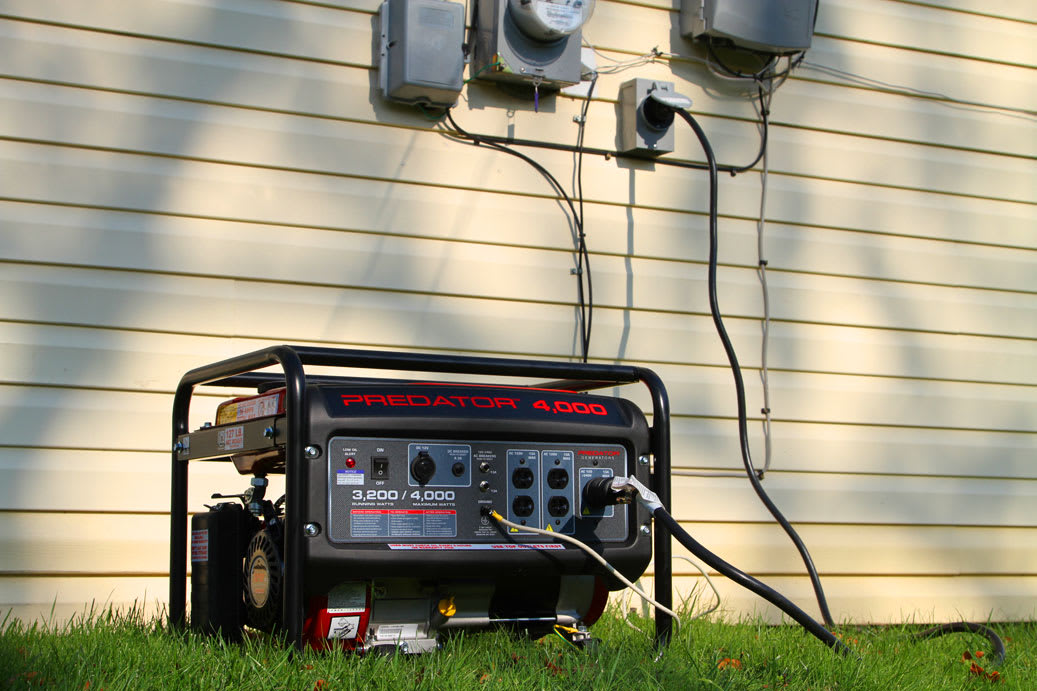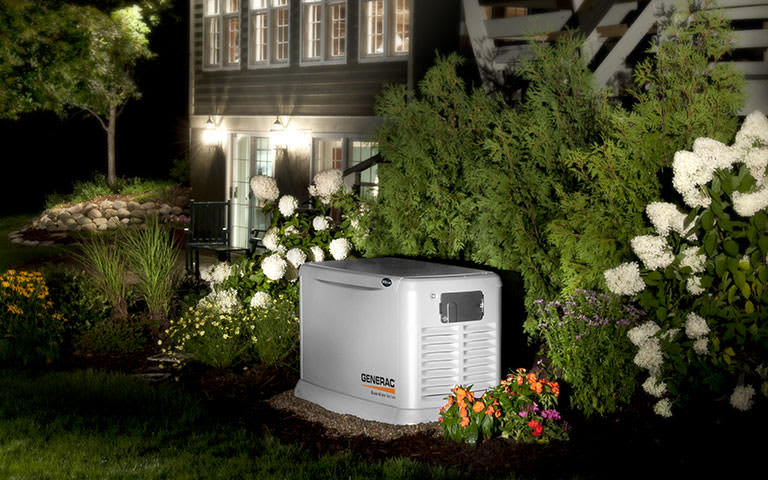
Blogs & Press
Everything You Need to Know About Generators this Hurricane Season
Whether you like it or not, you’ve got to get yourself prepared.
Contact
Office
1515 South Cypress Dr
Jupiter FL 33469





Explore

March 1, 2026

February 23, 2026

February 23, 2026

October 1, 2025

November 1, 2025

November 1, 2025

December 2, 2025

December 2, 2025

January 2, 2026

February 2, 2026

February 1, 2026

February 1, 2026

February 1, 2026

January 14, 2026

January 17, 2026

December 22, 2025

December 22, 2025

December 22, 2025

December 19, 2025

December 19, 2025

December 18, 2025

December 17, 2025

December 15, 2025

December 15, 2025

December 15, 2025

December 16, 2025

December 22, 2025

December 12, 2025

December 12, 2025

December 12, 2025

December 12, 2025

December 22, 2025

December 10, 2025

December 10, 2025

December 10, 2025

December 10, 2025

December 9, 2025

December 9, 2025

December 4, 2025

December 4, 2025

December 4, 2025

December 4, 2025

December 4, 2025

December 3, 2025

December 3, 2025

December 3, 2025

December 3, 2025

December 2, 2025

December 2, 2025

December 2, 2025

December 2, 2025

December 2, 2025

December 1, 2025

December 1, 2025

December 1, 2025

December 1, 2025

December 1, 2025

December 1, 2025

December 1, 2025

December 1, 2025

December 1, 2025

December 1, 2025

December 1, 2025

December 1, 2025

November 25, 2025

November 25, 2025

November 25, 2025

November 25, 2025

November 25, 2025

November 25, 2025

November 24, 2025

November 24, 2025

November 24, 2025

November 24, 2025

November 24, 2025

November 24, 2025

Sara Cardenas I September 4, 2025

Sara Cardenas I July 9, 2025

Sara Cardenas I July 8, 2025

Sara Cardenas I June 25, 2025

June 17, 2025

Jason Arnel I June 13, 2025

June 12, 2025

Jason Arnel I June 11, 2025

June 10, 2025

Sara Cardenas I June 9, 2025

Jason Arnel I June 5, 2025

Sara Cardenas I June 4, 2025

Jason Arnel I June 3, 2025

May 28, 2025

May 28, 2025

May 28, 2025

May 28, 2025

Sara Cardenas I May 22, 2025

Jason Arnel I May 22, 2025

Sara Cardenas I May 22, 2025

April 23, 2025

April 21, 2025

April 2, 2025

February 27, 2026

Mon - Fri, 9 am - 6 pm 1515 South Cypress Dr Jupiter FL 33469
Mon - Fri, 9 am - 6 pm 1515 South Cypress Dr Jupiter FL 33469